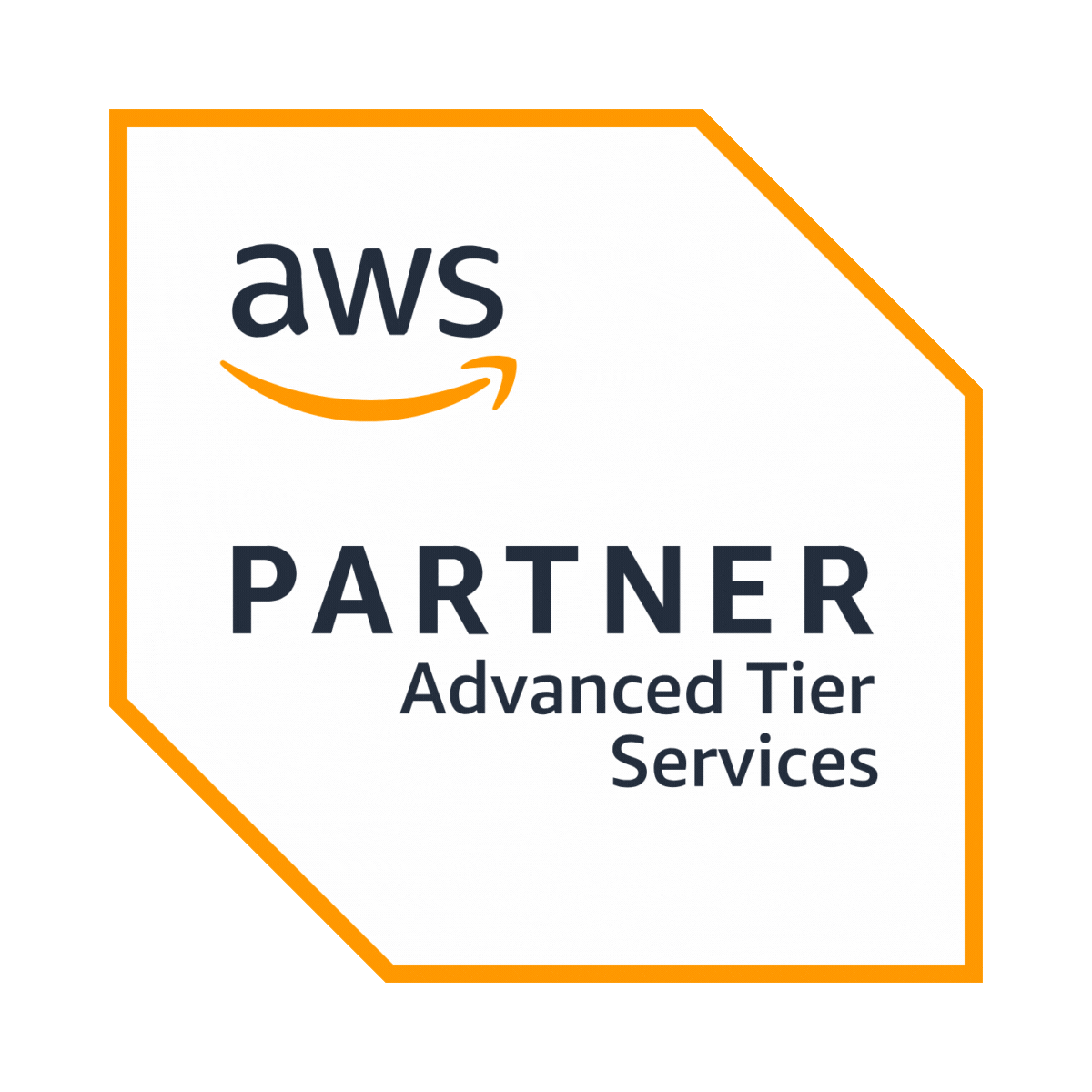Cloud Strategy Services

Why enterprises need a cloud strategy
of organizations lack a well-defined cloud strategy, leading to inefficiencies.
reduction in operational costs with a well-structured cloud adoption framework.
of businesses using multi-cloud environments face integration challenges without a strategy.
How we help organizations build a cloud-first approach
Define a clear, business-driven cloud strategy that aligns with long-term growth, cost efficiency, and security requirements.
Transition from on-premise infrastructure to a cloud-native, scalable, and AI-ready environment while minimizing disruption.
Develop a vendor-agnostic cloud approach that optimizes workloads across AWS, Azure, Google Cloud, and private clouds for maximum flexibility.
Implement cloud cost management frameworks, automation tools, and governance policies to maximize efficiency and reduce unnecessary expenses.
Establish robust cloud security protocols, data encryption, and compliance frameworks (GDPR, HIPAA, SOC 2) to protect sensitive business data.
Leverage serverless computing, containerization, and microservices architecture to build high-performance, cloud-optimized applications.
Enhance AI/ML readiness by structuring cloud environments for big data processing, analytics, and intelligent automation.
Continuously evaluate, refine, and optimize cloud workloads with predictive analytics and performance management tools.
What you’ll get

Eliminate waste, automate cost controls, and optimize cloud resource utilization.

Adapt quickly to market changes with cloud-native solutions that scale on demand.

Meet industry-specific compliance requirements while ensuring robust cloud security.

Build a cloud architecture that supports predictive analytics, AI models, and real-time business intelligence.

Ensure reliability, high availability, and disaster recovery readiness with a modern cloud framework.
Industry insights & trends
Cloud computing continues to be a driving force in digital transformation, enabling businesses to scale operations, improve efficiency, and enhance security.

Migrating applications to the cloud is a major step in modernizing IT infrastructure, but without a proper assessment, businesses risk unexpected costs, security vulnerabilities, and performance issues.
The shift to cloud-based SaaS (Software as a Service) solutions is a critical part of digital transformation for enterprises today. Companies are moving from on-premise and legacy applications to SaaS to achieve scalability, reduce operational costs, and enhance agility.
Our customer stories

Our customer, a leader in the medical technology industry, leveraged real-time patient data from their cardiac monitoring devices, to predict events and provide early intervention to save lives.


This project entails the development of a proof of concept to build a scalable and efficient data architecture, laying the groundwork for innovative AI and business intelligence applications.


Our customer, a leader in the entertainment industry, sought to enhance their content creation capabilities using Generative AI.

Cloud strategy journey
develop a comprehensive roadmap to maximize business value from cloud adoption.
ensure seamless workload transition, cost control, and performance optimization.
build a future-proof cloud foundation for AI, automation, and real-time analytics.
Frequently asked questions
A data lake provides centralized storage for all data types—structured, semi-structured, and unstructured—without predefined schema requirements. It allows for greater flexibility and scalability than traditional storage systems.
Data lakes are designed to store raw datasets that can be used to train machine learning models, supporting seamless integration with AI/ML tools and frameworks.
Yes, modern data lakes support real-time streaming and processing, enabling businesses to gain immediate insights and respond to dynamic changes effectively.
Data lakes can be secured with encryption, access control, and compliance frameworks to meet global data protection standards like GDPR and HIPAA.
Absolutely. Data lakes are built on cloud-native architectures that allow for effortless scalability to meet growing data storage and processing needs.











